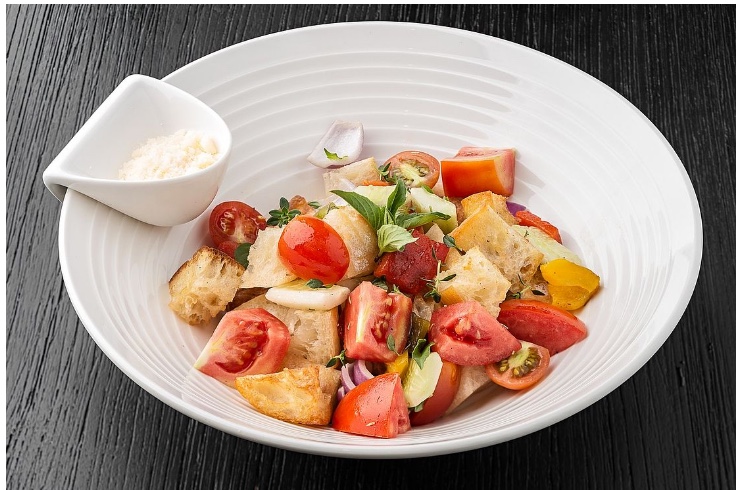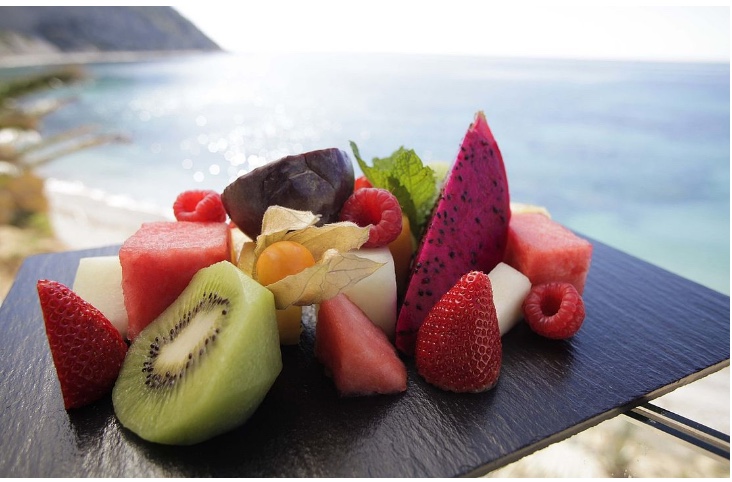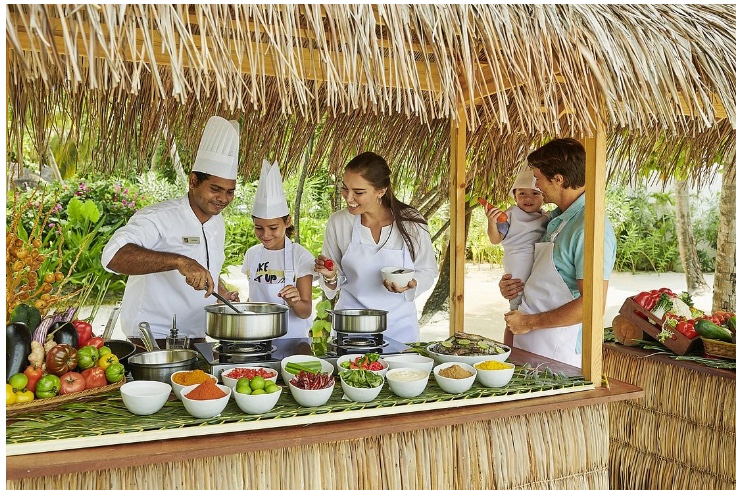Why Hotels are Failing at Food
Ayurah Herb Ingredients at Aleenta Hua Hin
Celebrated nutritionist Rick Hay shares his essential advice on how to cater to health-conscious guests.
By Rick Hay
There’s been a massive global trend over the last couple of years towards healthier eating, with consumers showing an increased interest in plant-based food, superfoods and botanicals.
A few years ago, spirulina, chlorella and goji berries would have been considered exotic to the wellness traveller, but no longer. Today, they expect a culinary offering that features herbal tonics, vitamins, minerals, spices and phytonutrients.
When it comes to vegan and vegetarian dishes, hoteliers must go beyond token mushroom or red pepper dishes. Many guests today follow very specific diets so it’s not just about the plant-based options: think about offering dishes that are ketogenic, paleo-friendly and gluten-free. The Mediterranean diet is particularly popular with people looking to manage weight and to optimise health outcomes.

Chefs should also consider the guest who wants to use their time away to detox or cleanse, as well as eco-conscious travellers, who will expect local and seasonal produce.
Raw food options should be offered alongside healthy vegetable and pulse-based soups. Smoothie recipes could include superfood powders like Inulin and Glucomannan from konjac root.
Many people suffer from poor digestive function whilst travelling so there is an option to offer probiotic powders to help reduce bloating and digestive disturbances. Fatigued guests would welcome immunity-boosting tonics, teas to help with insomnia and jetlag and energy-boosting meals and juices.
As consumers become increasingly educated about the microbiome, hoteliers would also be wise to offer fermented foods and prebotics that are known to improve gut health, such as kefir, sauerkraut, picked vegetables and kombucha. Shots of apple cider vinegar and aloe vera juice also help with gut health, while dandelion tea has bitter properties that work as a liver tonic.

The demand for healthy choices doesn’t stop at main courses and smoothies: desserts that incorporate superfoods like boabab, acai, wheatgrass, Kakadu plum and chia seeds are expected nowadays.
These kinds of food choices should also be available for room service and as part of in-room snacks and mini bar options – gone are the days of crisps, peanuts, chocolate and soft drinks.
When looking at cocktail lists, the health-conscious guest also expects to see fruit and vegetable mocktails turbo-charged with superfoods. Use menus as an opportunity to explain the health benefits of the ingredients.
Coconut water is a must and often a welcome alternative to alcohol – on that note, if you are going to offer wine as an in-room welcome gift, make sure that is a phytonutrient rich red – organic if possible.
Botanical tonics can help ease many conditions – Ashwagandha can help with stress. The herb vitex (Chaste Tree) is a good hormonal regulator whilst Siberian ginseng can improve stamina. Bacopa helps to improve memory and cognition, while the mushrooms reishi and cordyceps help boost energy levels and reduce anxiety.
Breakfasts should be available late in the day for those following an intermittent fast – typically they might finish dinner before 8pm and not eat again until 10 or 11 the next morning.
You could go further than food and look at having some essential oils in-room to help with energy or relaxation. A selection of vitamins or vitamin sprays would also go down a treat, as would access to flower essences, magnesium bath salts and oils.

The wellness travel sector is entering unprecedented growth and there’s endless potential to capitalise on this. But remember, it’s better to be an early adopter with these trends than having to play catch-up.

